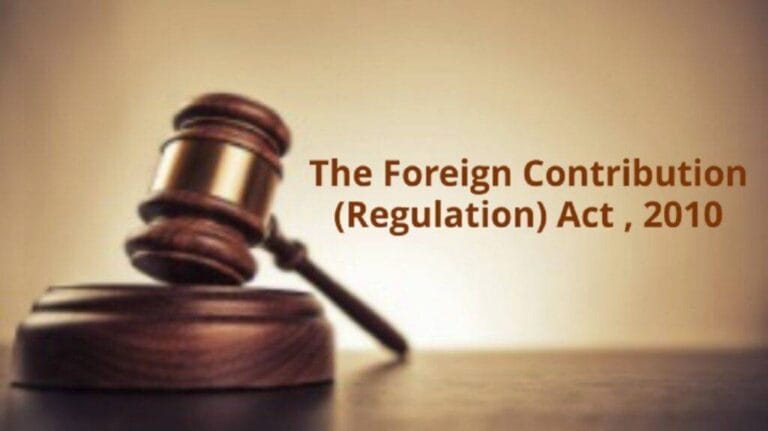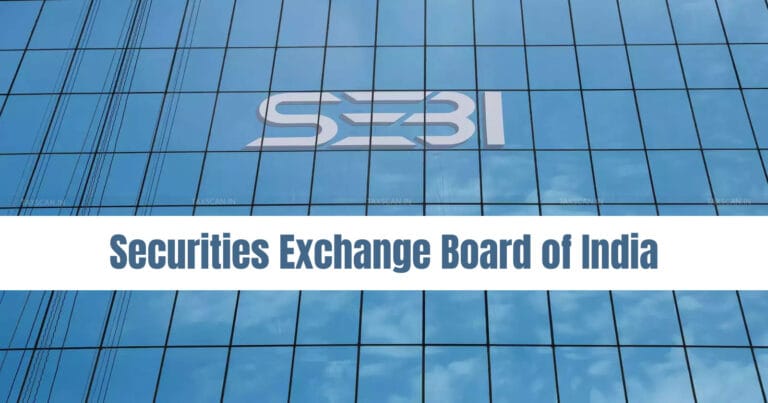Due diligence refers to the careful research and investigation conducted by an individual or an organization before entering into a transaction or making a decision. It is a comprehensive appraisal of all relevant factors and risks associated with a potential opportunity or investment. Here’s a detailed explanation of due diligence:
Key Aspects of Due Diligence
1. Purpose
- Risk Management: To identify and assess potential risks associated with a transaction or investment.
- Verification: To verify the accuracy and completeness of information provided by the other party.
- Decision Making: To make informed decisions based on thorough analysis and understanding of the situation.
2. Types of Due Diligence
- Financial Due Diligence: Focuses on evaluating the financial health and performance of a business. It includes reviewing financial statements, cash flow analysis, debt obligations, etc.
- Legal Due Diligence: Involves examining legal aspects such as contracts, intellectual property rights, litigation history, compliance with regulations, etc.
- Operational Due Diligence: Evaluates operational aspects of a business, including management structure, operational efficiency, IT systems, supply chain, etc.
- Commercial Due Diligence: Analyzes market dynamics, competition, customer base, growth prospects, and other commercial factors affecting the business.
- Environmental and Social Due Diligence: Assesses environmental and social impacts of a business, ensuring compliance with environmental regulations and corporate social responsibility standards.
3. Process
- Planning: Define objectives, scope, and timeline for due diligence.
- Information Gathering: Collect relevant documents, data, and information from the target entity.
- Analysis: Review and analyze information, identifying strengths, weaknesses, opportunities, and threats (SWOT analysis).
- Report and Recommendations: Prepare a due diligence report summarizing findings, risks, and recommendations.
- Decision Making: Use findings from due diligence to make an informed decision regarding the transaction or investment.
4. Importance
- Risk Mitigation: Helps mitigate potential risks and uncertainties associated with a transaction.
- Informed Decision Making: Provides decision-makers with a clear understanding of the opportunities and challenges involved.
- Legal Compliance: Ensures compliance with regulatory requirements and legal obligations.
- Enhanced Value: Enhances the value of the transaction by identifying areas for improvement or negotiation.
5. Challenges
- Time and Resources: Due diligence can be time-consuming and resource-intensive, especially for complex transactions.
- Information Access: Access to confidential or proprietary information may be restricted, requiring cooperation from the other party.
- Global Considerations: Cross-border transactions may involve additional complexities due to different legal and regulatory frameworks.
In conclusion, due diligence is a critical process for individuals and organizations to conduct thorough research and analysis before making significant decisions. It ensures that all relevant factors and risks are considered, leading to informed and strategic decision-making. You can also find the other useful content from our service pages, or can follow us on our facebook page for latest information.
At Ujjwal Gupta & Co
We, at Ujjwal Gupta & Co, are dedicated to delivering personalized, high-quality solutions tailored to meet your financial and business needs. With our team of professionals and a client-first approach, we ensure that every challenge is met with expert guidance and strategic insight.
We are dedicated to ensuring your business’s success by providing best service practice available in the industry and that too at a cost effective pricing. Our team of experts is excited to work with you and provide the support you need to thrive in the Indian business landscape.
Our only motive is to create Value for Our Clients and accordingly, have a Client Value System at our Office.
So, let us help you navigate the complexities of finance and compliance, empowering you to focus on what matters most — growing your business. Get in touch today, and take the first step towards financial peace of mind.
Due diligence is a comprehensive process of evaluating a business, individual, or entity before entering into a transaction, such as mergers, acquisitions, or partnerships. It involves analyzing financial, legal, operational, and compliance aspects to ensure informed decision-making.
Common types of due diligence include:
- Financial due diligence: Assessing financial statements, cash flow, and profitability.
- Legal due diligence: Reviewing contracts, litigation risks, and compliance with laws.
- Tax due diligence: Ensuring compliance with tax laws and identifying tax liabilities.
- Operational due diligence: Analyzing business operations, supply chain, and processes.
- HR due diligence: Reviewing employee contracts, benefits, and workplace culture.
Due diligence is essential for:
- Companies involved in mergers and acquisitions (M&A).
- Investors analyzing potential investments.
- Buyers in business transactions or joint ventures.
- Lenders evaluating loan applications.
- Regulatory authorities assessing compliance.
The purpose is to:
- Verify the accuracy of information provided.
- Identify risks and liabilities associated with a transaction.
- Assess the target’s financial, operational, and legal health.
- Enhance transparency and build trust in the transaction process.
Financial due diligence involves:
- Reviewing historical financial statements.
- Evaluating revenue and profitability trends.
- Analyzing working capital, debt, and cash flow.
- Identifying financial risks and irregularities.
Key documents include:
- Financial statements and tax filings.
- Contracts (e.g., leases, vendor agreements, employment contracts).
- Intellectual property records (e.g., patents, trademarks).
- Licenses and permits.
- Legal documents (e.g., litigation records, compliance certificates).
- Reduces the risk of making poor investment or business decisions.
- Identifies hidden liabilities and risks.
- Ensures compliance with regulatory requirements.
- Enhances the valuation process by providing accurate data.
- Helps in negotiating better terms in the transaction.
Common challenges include:
- Access to incomplete or inaccurate information.
- Resistance from the target company in sharing sensitive data.
- Complex regulatory or cross-border compliance requirements.
- Identifying risks in areas with limited transparency, such as HR or intellectual property.
The duration of due diligence depends on the scope and complexity of the transaction. It can range from a few weeks to several months for large-scale deals. Setting clear timelines and objectives helps streamline the process.
Due diligence consultants or firms provide expertise and objectivity to the process. Their roles include:
- Identifying and assessing risks.
- Analyzing financial, legal, and operational aspects of the target.
- Preparing due diligence reports for stakeholders.
- Advising on structuring the deal or mitigating risks.
Why Choose UGC?

Client Centric Approach
Client is the key driver of our service offerings. Our approach to service offerings is based on a client centric and customized approach. Our specialized teams are a mix of technical and industry experience in order to serve clientele for their specific needs.

Team Work
We have built high performing teams supported by strong work ethic. Our team is a mix of experts, professionals and support staff from technical and varied academic, social and ethnic backgrounds. We believe diversification plays a vital role in motivating the team.

Quick Turnaround
We always endeavour for a quick turnaround time to serve our clientele. We are supported by an experienced and client focussed support teams to offer timely services to our clientele. In case of any business exigencies and time sensitive service requirements, you can always count on us.

Open Communications
We believe that open communication is the core principle in order to demonstrate trust, build long lasting and valuable relationships with clientele. We are committed to ensuring transparency in communication, service offerings and delivery. Our only motive is to provide professional services to our clients.

Client Value System
We value for the Client time and thus, we offer services that are value for money. Quality professional services are provided to our clients, so that they are able to achieve their desired results. We are a quality trademark in the industry and thus, our clients count on us always.

Quality in Delivering Work
Our service offerings are driven by quality and reviews at every level. We strive to provide a qualitative and value-added delivery to our clientele. At all times, we endeavour to provide exceptional client service by meeting client expectations and driving client satisfaction.















